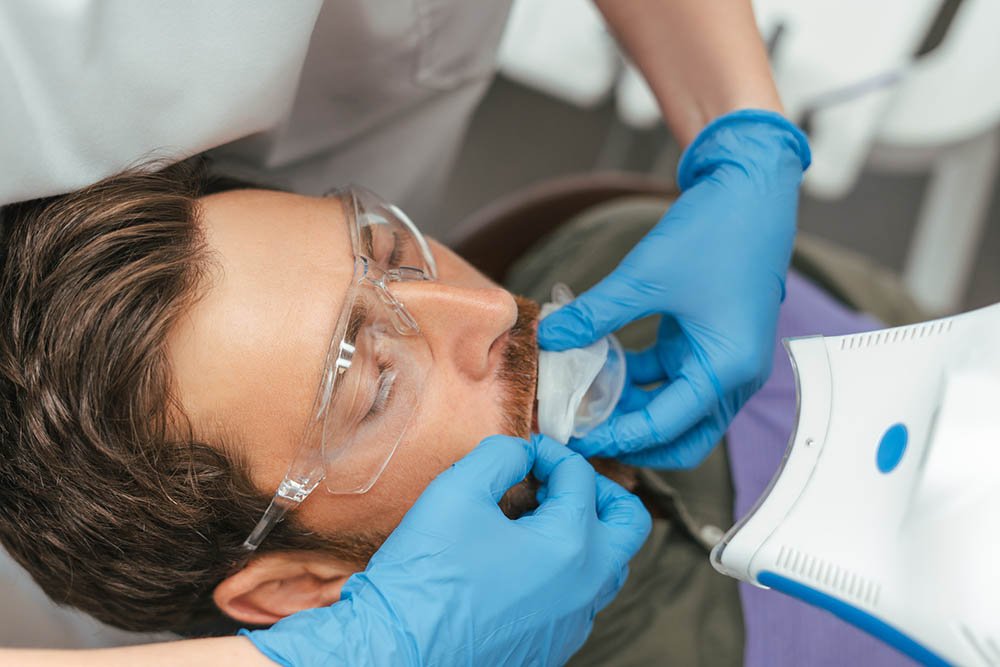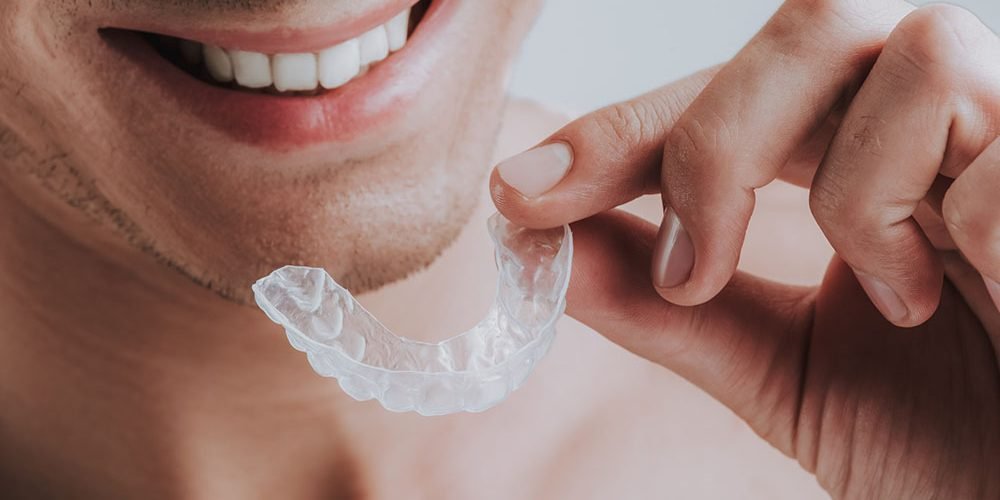Mouth guards are instrumental tools that go beyond just protecting teeth in sports activities. They serve as a silent guardian, not only for athletes but for anyone who may engage in activities where there might be a risk to oral health. By absorbing and distributing the forces that can cause injury, mouth guards protect the teeth, lips, jaws, and even the face.
The importance of this protection extends to overall health, as it can prevent long-term complications that stem from oral injuries. Choosing the right mouth guard and using it effectively is not only a proactive step in physical safety but an investment in ongoing well-being.
Table of Contents
Mouth Guards And Dental Health
Mouth guards play a pivotal role in safeguarding dental health. They serve as a protective barrier, cushioning the teeth and jaw from potential impacts, falls, or blows that could lead to chipped, cracked, or knocked-out teeth. This cushioning effect greatly minimizes the risk of acute dental injuries, saving individuals from pain and costly repairs.
Additionally, mouth guards have therapeutic applications. They are used as mouth guards for sleep apnea treatment, aligning the jaw in a position that facilitates better airflow during sleep. This not only helps in addressing sleep disorders but also contributes to overall oral health.
The long-term benefits of using mouth guards extend far beyond immediate protection. They prevent wear and tear on the teeth, minimize the risk of more serious dental complications, and can even improve the alignment of the jaw. Such prevention and treatment methods underscore the significance of mouth guards as essential tools in maintaining oral health and overall well-being.

Types Of Mouth Guards
Mouth guards are more than just a protective accessory; they are tailored to various needs and applications. Understanding the different types available helps in making an informed choice. Here is an exploration of the various types:
- Stock Mouth Guards are pre-made and ready to wear, typically made of rubber or polyvinyl. They are affordable and readily available but often less comfortable due to a generic fit.
- Boil And Bite Mouth Guards are molded at home using hot water and made from thermoplastic material. These are customizable to some extent, providing a better fit than stock types. They offer more protection, yet they are less customized than custom-fitted ones.
- Custom-Fitted Mouth Guards are crafted by dental professionals, created from an impression of the individual’s teeth. These provide a superior fit, comfort, and protection but are also the most expensive option.
In addition to these three main types, there are also a few other types of mouthguards that are designed for specific purposes. For example, there are mouthguards for people who grind their teeth at night, mouthguards for people with temporomandibular joint disorder (TMJ), and mouthguards for athletes who participate in contact sports.
How To Choose The Right Mouth Guard
Here are some factors to consider when choosing the right mouth guard:
- Your Activity Level
If you are an athlete who participates in contact sports, you will need a mouthguard that offers the best possible protection. A custom-made mouthguard is the best choice for athletes. If you are not an athlete, you may be able to get away with a boil-and-bite mouthguard.
- Your Budget
Custom-made mouthguards are the most expensive type of mouthguard, but they offer the best protection. Boil-and-bite mouthguards are more affordable, but they do not offer as much protection. Stock mouthguards are the least expensive type of mouthguard, but they offer the least amount of protection.
- Your Comfort Level
You need to be able to wear your mouthguard comfortably for long periods of time. If a mouthguard is too bulky or uncomfortable, you are less likely to wear it. Try on a few different types of mouthguards before you buy one to make sure you find one that is comfortable for you.
- Your Teeth
If you have any problems with your teeth, such as crooked teeth or missing teeth, you will need a mouthguard that is specifically designed for your needs. Your dentist can help you choose the right mouthguard for your teeth.
The choice of the right mouth guard is highly personal and involves various considerations. This list offers a practical guide to make an informed decision that aligns with individual needs and preferences.
Maintenance And Care
Proper maintenance and care of mouth guards are vital to ensuring their effectiveness and longevity. Here’s how to achieve this:
- Cleaning: Rinse mouth guards with water after each use and occasionally clean them with a mild soap or a toothbrush with toothpaste. Avoid hot water, as it may distort the shape.
- Storage: Store mouth guards in a firm, perforated container to allow airflow and prevent damage. Keep them away from heat and direct sunlight.
- Replacement: Regularly inspect mouth guards for wear, tears, or changes in fit. Replace them as needed, and consider a dental professional’s advice for custom-fitted mouth guards.
These tips ensure mouth guards remain hygienic and effective, safeguarding both dental health and the investment in this essential protective tool.
Conclusion
Mouth guards play a multifaceted role in protecting dental health, preventing injuries, and even serving therapeutic purposes. By understanding the different types, making an informed choice, and maintaining them properly, individuals can maximize these benefits. Choosing the right mouth guard is a crucial step towards overall well-being and peace of mind.





